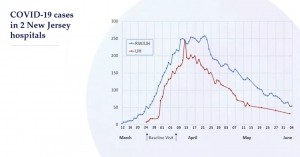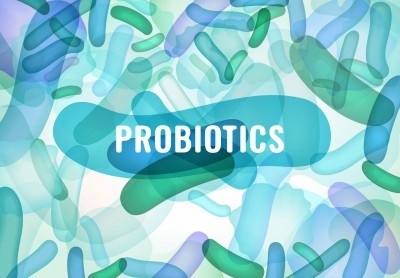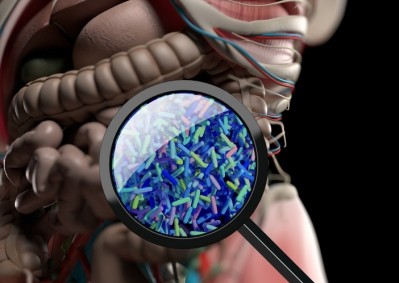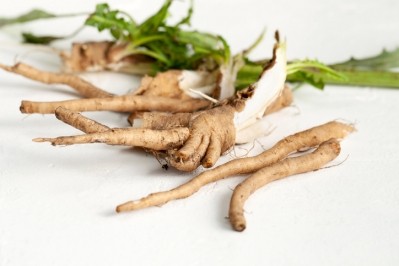Researchers investigate gut microbiome and COVID-19 connection
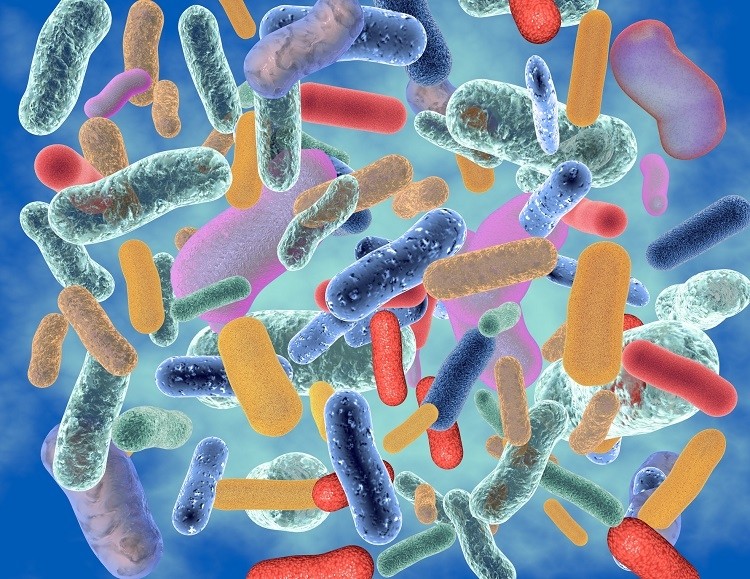
The research team is currently investigating their data for potential microbiome-COVID connections as part of the nation’s largest prospective, multi-trial study of those exposed to COVID-19.
The media briefing explored how gut microbiome health could be an unexplained factor in why people respond differently to COVID-19 and what role the microbiome might play in predicting the severity of illness among those exposed to the virus, particularly healthcare workers on the frontlines.
The presentation was hosted by Miguel Freitas, PhD., vice president of health and scientific affairs at Danone North America (Danone is a research funder, but the study does not involve their products).
From far-fetched to a real possibility
“I think all of you know that there is substantial variation in the outcome of COVID-19. Some people have no symptoms, some people have mild symptoms, some people become severely ill, and the question is what accounts for this variation?” asked Dr. Blaser, adding “It seemed to us that that the microbiome may be one of the sources for that variation in outcome. And actually when I first proposed this six months ago, it was a little far-fetched, but there's now more and more evidence to suggest that it's quite possible.”
Dr. Blaser explained that the aim of the study is to use the pre-COVID microbiome as the predictor of the severity of infection. In order to do this, the research team will examine the oral microbiome, the plasma metabolome and the gut fecal microbiota. From there, they will assess how COVID affects the microbiome and the severity of the infection. Lastly, the researchers want to determine how the pre-COVID metabolism might provide predictors of the severity of infection.
“We're up to about 850 participants already, 10% of the participants have tested positive for COVID and we have a big research team at Rutgers involving a number of major researchers here, as well as a very important collaboration with the Cleveland Clinic."
Prescience
The over 800 participants from two New Jersey hospitals include 546 healthcare workers and 283 non-healthcare workers. Dr. Blaser explained the study is particularly significant because the researchers acquired specimens before the pandemic hit the US.
“Our hypothesis was that the health of the microbiome prior to an infection is a predictor of the severity of COVID-19. And the key to that is to be able to study people before they get infected with COVID. So we believe that we will be able to do this because we have been following COVID in our hospitals in New Jersey for the last six months. In February of this year...we began to construct a cohort of healthcare workers and others so that we could have specimens in the freezer before the epidemic struck.”
With about 25,000 specimens lined up in the freezer, Dr. Blaser explained they will stratify the participants by their COVID-19 status, “And importantly, we’ll be able to examine specimens from subjects before, during and after COVID-19 infection. We will examine the salivary microbiome by 16s rRNA sequencing and informatica analysis, the plasma metabolism by mass spectroscopy for targeted compounds and we will also look at the fecal microbiome from hospitalized subjects and controls.”
Key questions
“Behavior is really important, that will determine whether or not you get infected. But the question is if you get sick, will you have asymptomatic infection as many people do? Will you have a mild illness? Will you have to go to the ICU and will you die? And that's really the critical question and that's what we want to see, the extent to which the microbiome is playing a role in those differences,” said Dr. Blaser.
During the Q&A session, Dr. Blaser fielded a number of questions regarding the role of racial disparity, probiotics, prebiotics, postbiotics and metabolites in COVID-19.
“These are interesting ideas that we hope to advance in this field,” said Dr. Blaser, who added, “We're working on the project right now and we hope to have materials for submission for publication in mid next year.”

